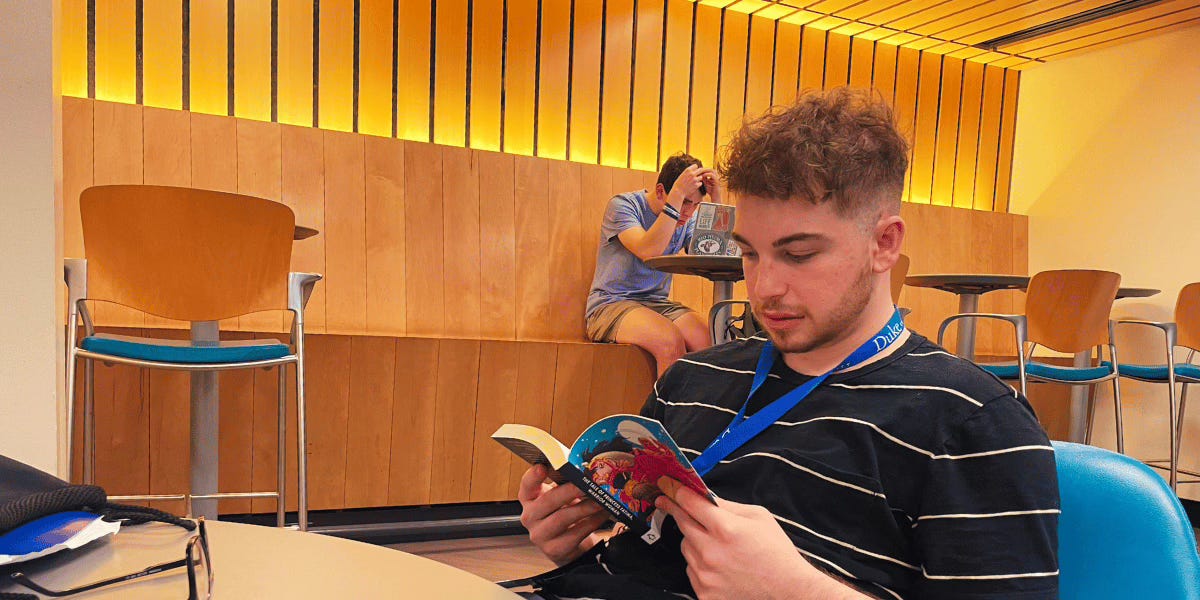
The 'Replication Crisis' Could Be Worse Than We Thought, New Analysis Reveals
The science replication crisis might be worse than we thought: new research reveals that studies with replicated results tend to be cited less often than studies which have failed to replicate.
That's not to say that these more widely cited studies with unreplicated experiments are necessarily wrong or misleading - but it does mean that, for one reason or another, follow-up research has failed to deliver the same result as the original study, yet it still gets loads of citations.
Thus, based on the new analysis, research that is more interesting and different appears to garner more citations than research with a lot of corroborating evidence.
Behavioral economists Marta Serra-Garcia and Uri Gneezy from the University of California analyzed papers in some of the top psychology, economy, and science journals; they found that studies that failed to replicate since their publication were on average 153 times more likely to be cited than studies that had – and that the influence of these papers is growing over time.
"Existing evidence also shows that experts predict well which papers will be replicated," write the researchers in their published paper. "Given this prediction, why are non-replicable papers accepted for publication in the first place?"






















